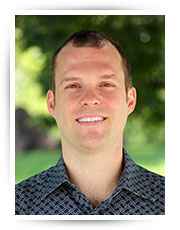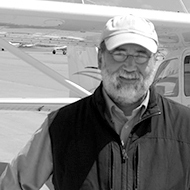NSF grant to study corporate influence on government

Sociologist and new member of CAS faculty Mikhail Balaev has received a two-year National Science Foundation award to study political and corporate ties in the American government. The grant will enable him to collect and analyze data related to the professional affiliations of presidential appointees since 1978 in order to create a network model of the ties between corporations and executive government.
Balaev is a macro-sociologist with broad academic interests in economic and political sociology. Growing up in Soviet Russia, he witnessed the massive socio-economic change brought by the collapse of the Soviet Union, which inspired his interest in sociology.


